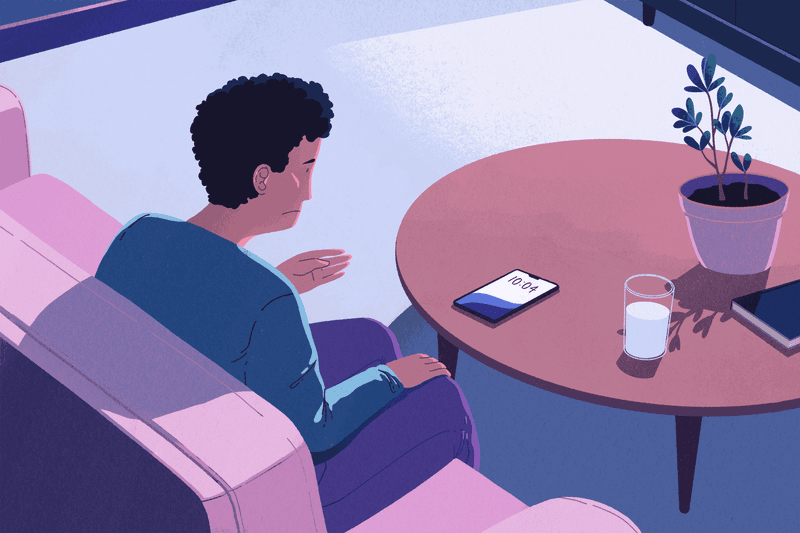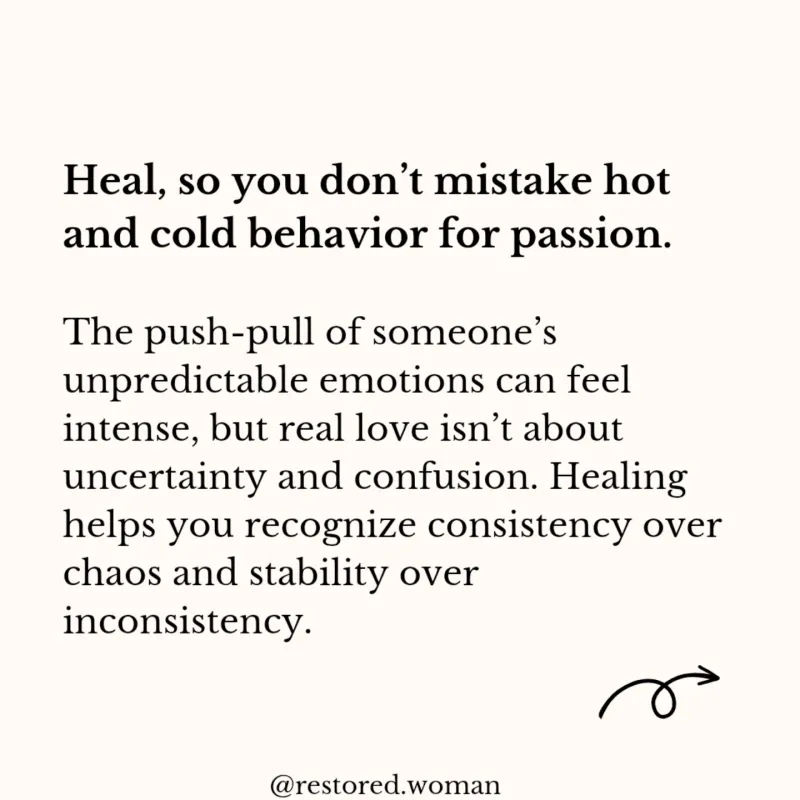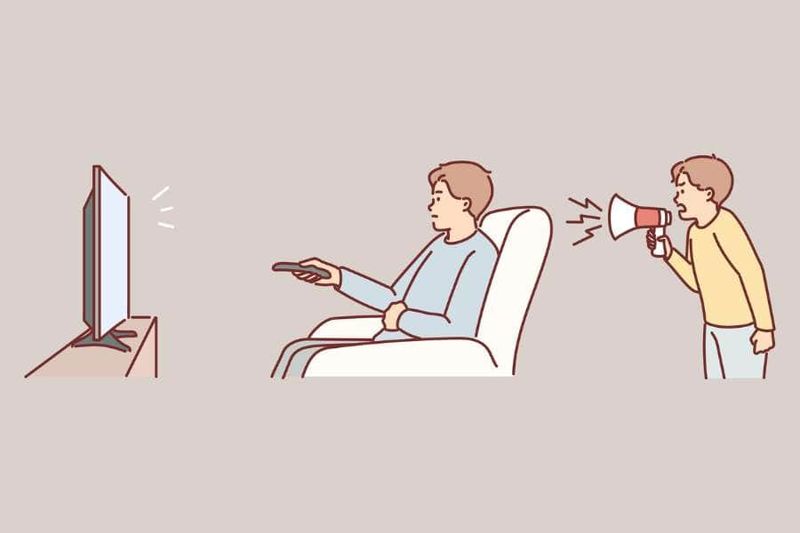In the intricacies of human relationships, caring is the glue that holds people together. However, not everyone around us truly values our presence. Sometimes, subtle signs can reveal a lack of genuine care. This article explores 13 understated yet telling signs that someone might not actually care about you. Recognizing these signs can help you reevaluate your relationships and focus on those who truly value you.
1. Inconsistent Communication

Communication is the backbone of any relationship. When someone truly cares, they make an effort to maintain regular contact. If you often find yourself staring at a screen with no new notifications, it could be a sign of indifference.
Perhaps your messages go unanswered for days, or calls are repeatedly missed with no explanation. This inconsistency can speak volumes about priorities.
People who care find time, no matter how busy. The absence of communication, especially without any reason, might indicate that you’re not a priority in their life.
2. Lack of Interest in Your Life

When someone genuinely cares, they show interest in your life. This involves asking questions, engaging in your stories, and remembering details about your experiences.
If the person constantly changes the topic when you share something important or forgets significant events, it might be a sign.
The lack of interest can create a feeling of invisibility, making you question your value in the relationship. This disinterest often reflects a deeper disconnect, suggesting that your life and experiences aren’t significant to them.
3. Minimal Effort in Conversations

Conversations are a two-way street, but sometimes it can feel like you’re the only one driving. When someone cares, they engage actively and listen.
If you notice that conversations are one-sided, where you’re sharing and they’re hardly responding, it can be telling. Often, there’s a lack of follow-up questions or genuine responses.
This minimal effort hints at a lack of investment in understanding you. Being present in a conversation shows respect and care, and its absence can point to a lack of these qualities.
4. No Support in Difficult Times

In times of need, true friends and loved ones step up. Their support can be a comforting presence or a simple gesture of empathy. If someone remains distant during your hardships, it may reveal their priorities.
The absence of support, especially when explicitly asked, can be disheartening. It can leave you feeling isolated and unimportant.
Support isn’t always about solving problems; sometimes, it’s just about being there. When someone consistently fails to show up, it may indicate their genuine level of care.
5. Avoidance of Personal Topics

Discussing personal topics can be a way to deepen a connection. When someone avoids these discussions, it might indicate discomfort or disinterest.
Changing the subject or providing vague responses when personal matters arise can create distance. It signals that they may not be willing to open up or hear about your life.
Such avoidance can be a barrier to building a meaningful relationship. When someone cares, they are willing to engage with all facets of your life, personal or otherwise.
6. Indifference to Your Successes

Celebrating successes together is part of a supportive relationship. If someone meets your achievements with indifference, it can be hurtful.
A lack of enthusiasm or acknowledgment when you share your wins suggests they might not value your happiness. This could manifest as dismissive comments or quick topic changes.
Such reactions might indicate jealousy or apathy. People who truly care will share in your joy and offer congratulations, no matter how small the victory.
7. Canceling Plans Frequently

Commitment to plans signifies respect for someone’s time. When plans are repeatedly canceled, it suggests a lack of regard for your schedule and feelings.
Frequent cancellations, often without valid reasons, can make you feel undervalued. It shows a disregard for commitments made with you.
While everyone’s schedule can change, a pattern of cancellations might indicate you’re not a priority. Genuine care involves making time, even when life gets hectic.
8. Lack of Emotional Availability

Emotional availability is crucial for a healthy relationship. When someone is emotionally distant, it can be challenging to connect on a deeper level.
If you find they’re often closed off or unwilling to share feelings, it might indicate an emotional barrier. This can lead to a sense of alienation and misunderstanding.
Emotionally available individuals are open to sharing and understanding emotions. A lack of this can signal that they’re not invested in a meaningful connection.
9. Neglecting Your Needs

In any relationship, acknowledging and respecting each other’s needs is essential. When someone neglects your needs or dismisses them, it can be a red flag.
This neglect could be emotional, physical, or mental, leaving you feeling undervalued. It often arises from a lack of empathy or understanding.
A caring person will make an effort to meet your needs, balancing their own with yours. The absence of this consideration might suggest a lack of genuine care.
10. Inconsistent Behavior

Consistency in behavior builds trust and security in relationships. When someone’s actions and emotions are unpredictable, it can be unsettling.
You might notice they’re warm and friendly one day, distant and cold the next. This inconsistency can create confusion and anxiety.
Such behavior may suggest indecision about the relationship or a deeper personal issue. True care involves consistent actions that reassure and build confidence.
11. Reluctance to Compromise

Compromise is the foundation of any partnership. When someone refuses to meet halfway, it demonstrates a lack of willingness to collaborate.
If you’re always conceding, it can lead to resentment and imbalance. This reluctance suggests their preferences always take precedence over yours.
A caring relationship thrives on mutual respect and understanding, where both parties feel valued. An unwillingness to compromise can reveal a self-centered approach, lacking genuine concern for your perspective.
12. Being Dismissive of Your Feelings

Acknowledging each other’s feelings is vital in any relationship. When someone dismisses your emotions, it can feel invalidating.
If they often brush off your feelings as overreactions or insignificant, it can hurt deeply. This dismissiveness suggests a lack of empathy and understanding.
In a caring relationship, feelings are validated and respected. Ignoring them can create distance and mistrust.
13. Unwillingness to Invest Time

Time is one of the most valuable gifts you can give in a relationship. When someone is unwilling to spend time with you, it suggests a lack of interest.
You might find they’re always busy or reluctant to make plans, leaving you feeling unimportant. This reluctance can signal that they don’t prioritize the relationship.
Investing time is a sign of care and commitment. Its absence can be a quiet yet powerful indicator of where you truly stand.
Hi all, I am Sidney, an accountant, a hobbyist photographer, and a mother to two sweet girls who are my motivation. I love sharing the tips and tricks I gained all these years I’ve been a mother. I hope it will help you!

